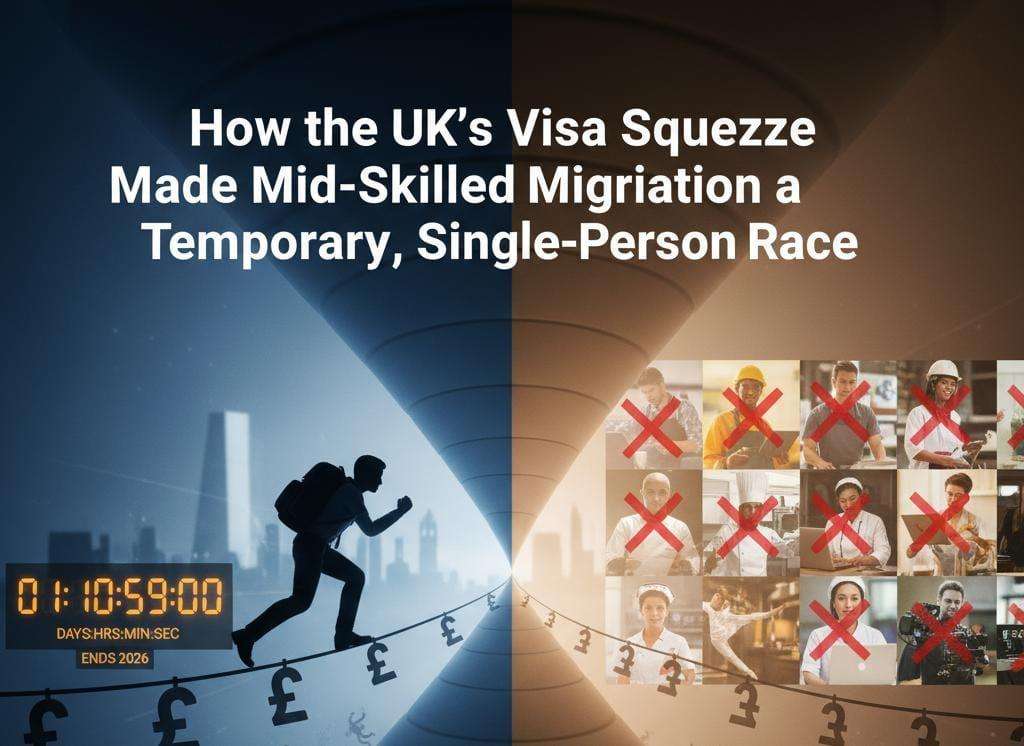The Digital ID to Open Tax Records and Benefits Gateways-Prime Minister Sir Keir Starmer’s flagship Digital ID policy is heading for a radical expansion, a move critics warn will turn daily life into a "checkpoint." The policy, already facing fierce opposition over its planned compulsory nature for employment, is now set to embed the technology deeper into everyday life by granting access to tax records, Daily Dazzling Dawn realized.
The government has confirmed the Digital ID cards—which will be mandatory for Right to Work checks by the end of this Parliament—could also be used to claim benefits, book childcare, and apply for school places. This establishes the ID as the single digital gateway to vital public services.
£600m ‘Tax Grab’ and Hacking Concerns-The push for Digital ID is not only a matter of liberty but also of finance. The new plans follow revelations that the Digital ID could pave the way for a £600 million Treasury ‘tax grab’ by making tax compliance and collection more efficient and reducing fraud. The system’s proponents argue it could generate over £2 billion per year in savings, figures used to justify the scheme’s enormous estimated set-up cost of up to £2 billion.
Critics, including security experts, maintain the centralised nature of the system—even if data is stored on individual phones—creates an "enormous hacking target" that could expose the personal data of all UK citizens. A parliamentary petition opposing the scheme has already topped 2.4 million signatures.
The ID’s Enforcement Horizon: Tracking Life, Fines, and Foreign Travel-While the government stresses the ID's purpose is to streamline services, the integration with tax and welfare records creates an inevitable pathway for its use in enforcement, linking a citizen's entire financial and legal life.
The system is designed to significantly cut Universal Credit (UC) and benefit fraud, which is already a key goal of the Department for Work and Pensions (DWP). By linking the digital ID to various records, DWP investigators could be granted enhanced powers to automatically cross-reference data to verify a claimant's entitlement. This includes the ability to identify benefit claimants who may be spending more time overseas than benefit rules allow, effectively leveraging the ID to flag foreign travel records. Furthermore, proposed new DWP powers would allow financial institutions to provide information to help identify claimants who are not meeting specific eligibility criteria, such as exceeding savings thresholds, which could be triggered by undisclosed assets or significant foreign transactions tracked via the ID's data-sharing gateway.
This digital enforcement scope extends to all legal and financial compliance:
Financial Enforcement: The new tax records access could allow the Digital ID to flag users with outstanding tax debts or court fines during any public transaction, such as renewing a passport or applying for a licence, preventing individuals from accessing new services while owing the state.
Driver Compliance: The ID could be required to interface with a digital driving licence, allowing traffic police to instantly check for disqualifications or outstanding penalties linked to the citizen's verified profile, helping to enforce all criminal and driving offences.
Public Safety: For high-security concerns, the ID could implement digital identity checkpoints for purchasing precursor chemicals or accessing high-security transport hubs, creating a verifiable digital 'paper trail' for enforcement agencies.
Critics warn that by making the ID the de facto key to public services—welfare, childcare, tax, and travel—the government is creating a scenario where citizens are forced to hand over their data to access basic rights, essentially turning a "voluntary" system into a compulsory one for all practical purposes and enabling unprecedented surveillance of personal movements and finances.








.svg)



